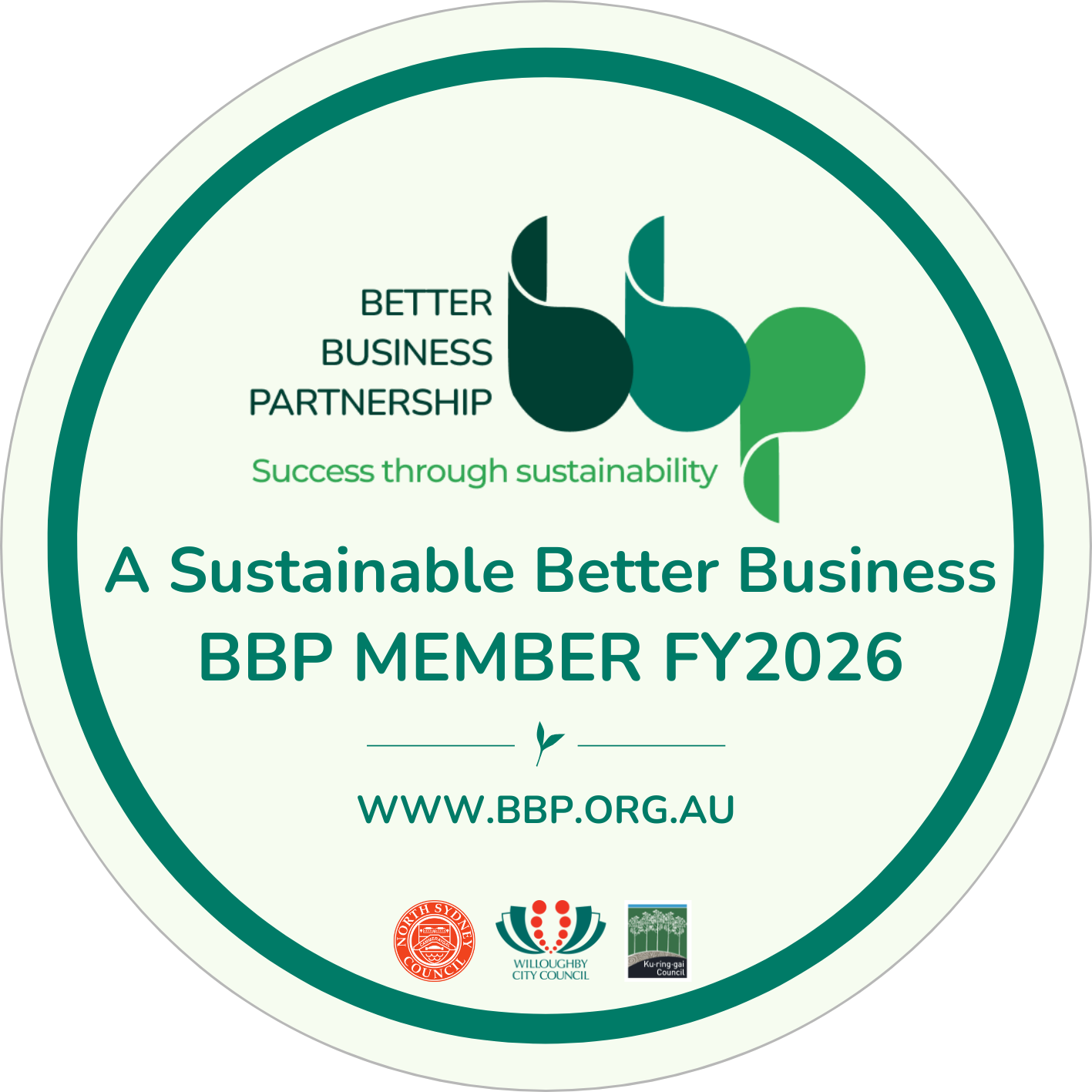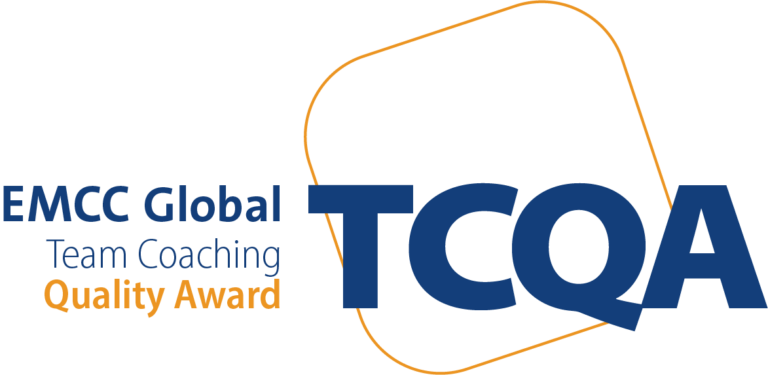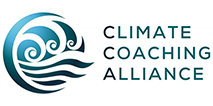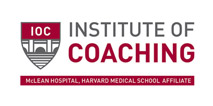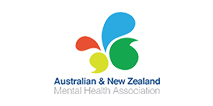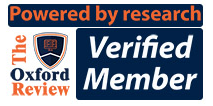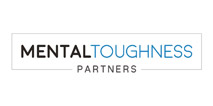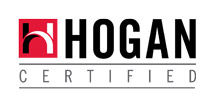How to Develop Self-Knowledge and Why it Matters
Published: Aug 23, 2021

In ancient times, people from all over Europe travelled to Greece to visit the Oracle of Delphi, seeking advice on matters of love, war, and commerce. Inscribed above the entrance were two sim¬ple words: “Know Thyself”. This may sound very simple at first, especially if the person is only a child or if their job doesn’t entail influencing others to achieve a goal.
Young people, especially, will be adamant that they know who they are, as parents of teenagers will attest. Their perspectives might be more egocentric as they compare themselves with other teenagers in their peer group, a pro¬cess known as “social comparison”.
Adults, on the other hand, will have a different definition of self-knowledge as an understanding of their personality, strengths, weaknesses, goals, values, motives, beliefs, and more. To be able to lead others effectively, we must first know ourselves as best as possible, otherwise it can be a case of the blind leading the blind.
How to develop self-knowledge
When coaching leadership clients transitioning to senior roles, we initially spend time in the “self-knowledge development” phase of the SCIENCE of leadership coaching framework (see Figure 2), to develop self-awareness. It typically consists of evidence-based psy¬chometric tests to glean an understanding of personality strengths, values, motives, cognitive ability, and potential behavioural derailers when under extreme stress. Another helpful exercise in developing self-knowledge and build self-awareness as a leadership capability is to seek feedback from others. This is often achieved through well-managed 360 feedback surveys to uncover unhelpful behaviours clients may be unaware of.
Figure 1. The SCIENCE OF Leadership Coaching Framework
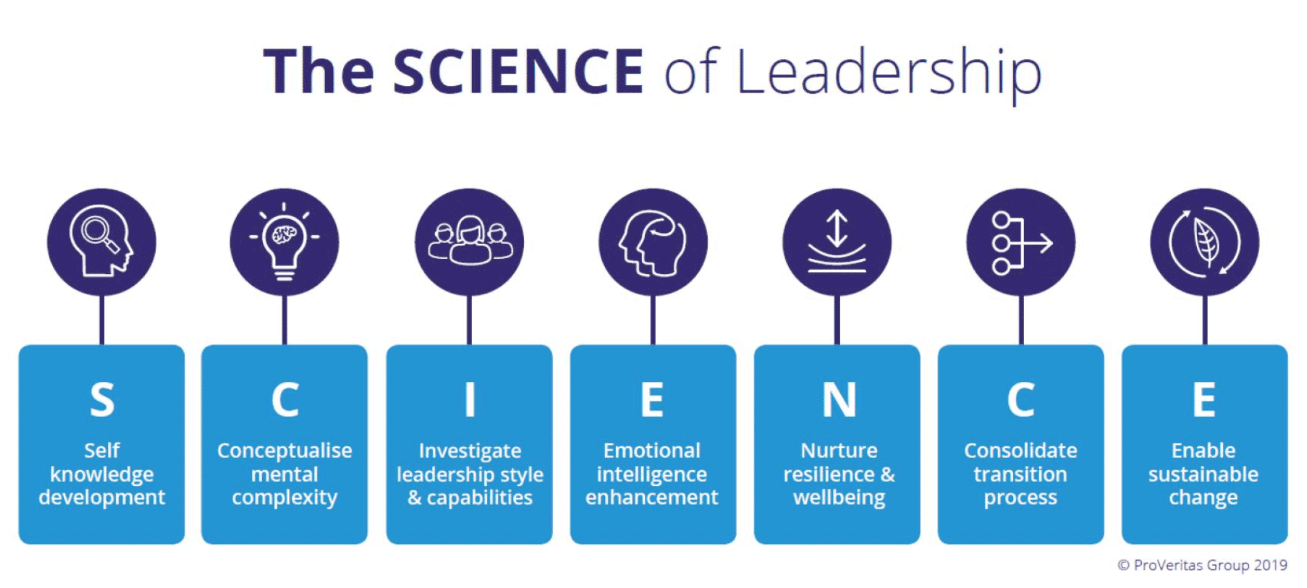
Cultivating self-awareness
According to organisational psychologist Dr Tasha Eurich, most people believe they are self-aware, however only 10% to 15% truly are. This is not at all surprising since most leaders are promoted due to their excellent technical skills, and not due to their ability to understand their own emotions and cognitions (thoughts) or how they help or hinder what they’re trying to accomplish.
Eurich’s research suggests that people do not always learn from experience, and that expertise does not help people root out false information. Indeed, highly experienced leaders tend to be more prone to confirmation bias and won’t question their assumptions before making a decision. Eurich developed a 2 x2 Self-Awareness Archetypes Map (see Figure 2) which differentiates between two types of self-aware¬ness: internal and external.
Internal self-awareness represents how clearly we see our own values, aspirations, thoughts, feelings, behaviours, strengths, and weaknesses, and their impact on others. The higher the internal self-awareness, the higher the job and relationship satisfaction, and personal and social control. And the lower the anxiety, stress, and depression a person might experience.
External self-awareness means understanding how other people view us in relation to the same factors just listed. Leaders who know how others see them are more skilled at showing empathy and tak¬ing others’ perspectives, leading to better relationships. As the map indicates, awareness is achieved when the individual posses both high internal awareness and high external awareness.
Figure 2. The Self-Awareness Archetypes Map
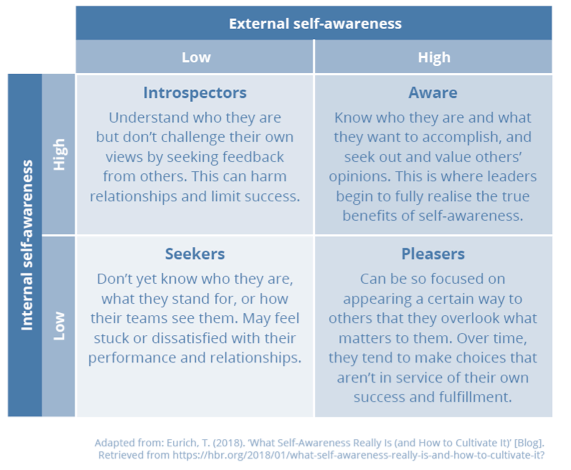
We need to know our values
Values are basic and fundamental beliefs that guide or motivate attitudes or actions. They help us to determine what is important to us. Values describe the personal qualities we choose to embody to guide our actions; the sort of person we want to be, the way we treat ourselves and others, and our interaction with the world around us. They provide the general guidelines for conduct. Values are the motive behind purposeful action. They are the ends to which we act and come in many forms.
Personal values are personal beliefs about right and wrong and may or may not be considered moral. Cultural values are values accepted by religions or societies and reflect what is important in each context.
Values are usually stable, yet they don't have strict limits or boundaries. Also, as you move through life, your values may change. For example, when you start your career, success – measured by money and status – might be a top priority. However, after having a family, work-life balance may be more important.
As your definition of success changes, so do your personal values. Therefore, keeping in touch with your values is a lifelong exercise. You should continuously revisit them, especially if you start to feel unbalanced and stuck in certain (if not all) areas of your life. You can do the ProVeritas VIA Character Strengths survey and discover your personal.
Knowing, understanding, and revisiting our values throughout our lives is a central aspect of becoming an effective leader. Our values and strengths inform our character, which in turn contributes to our leadership identity and our ability to influence others.
Personality traits and our changing selves
Personality science focuses on traits rather than types, where the latter can create stereotypes. As such, we use the Big Five personality traits model (also known as the Five-Factor Model, and as OCEAN). It is the most researched across a wide range of cultures and different demographic groups and is the result of a systematic process of looking at characteristics used to describe people and putting them through sophisticated statistical analysis.
The five traits are inde¬pendent and unrelated, and we all have different aspects of each. When measuring someone’s traits, psychologists use a spectrum from extremely high to extremely low, rather than a dichotomy like extroverted or introverted. Doing this psychometric test can be beneficial as it builds self-knowledge. In turn, it informs our decision to change unhelpful attitudes and modify our behaviours to help us achieve our goals.
Not long ago, it was thought that the brain you were born with was unchanged throughout your lifespan, and that the brain cells we had at birth were the maximum number we would ever have. The brain was thought to be hard-wired to function in predetermined ways. Neuroscientific research is now telling us that the brain is “plastic”, which is why we now hear so much about “rewiring our brain” – it refers to “neuroplasticity”.
Neuroplasticity involves several changes in the brain that result from learning, including the devel¬opment of synaptic connections (connecting points between brain cells), strengthening the connections, the growth of new dendrites (branched endings in brain cells or neurons), and neurogenesis (pro¬cess of building new neurons in the brain). Genes are not destiny. What we do will have a profound effect on what genes are turned on or off and hence, on our health and our experience of life.
In other words, the brain is “soft wired” by experience, and through focused interventions (like coaching) and specific projects can intentionally change personality traits. The speed and degree of change depend on several factors, such as the person’s commitment to the pur¬suit of change and adopting a positive mindset. Personality is moulded by many factors which go well beyond genetics.
This information becomes part of the client’s self-knowledge once they’ve given it meaning i.e., made sense of it. This can take many coaching conversations, periods of self-reflection, and more feedback gathering. Indeed, it’s an ongoing process because we are always changing in some way or another.
Figure 3. The Big Five Personality (OCEAN) Model
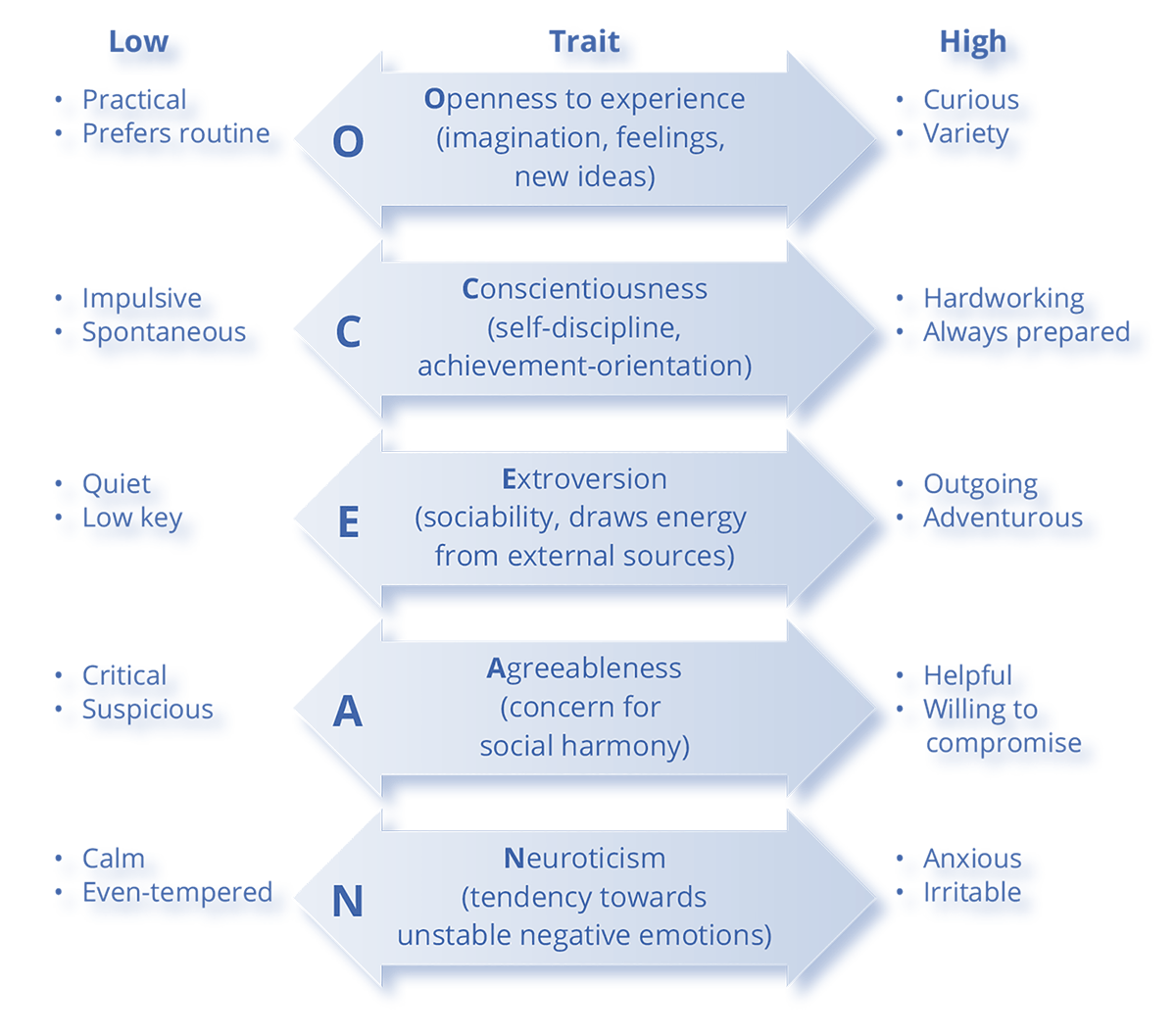
Why developing self-knowledge matters
High performance can only be achieved when a company’s leadership profile reflects its unique culture, strategy, business model, and context. In a way, this becomes the company’s unique behavioural signature.
The same is true for leaders: they need to possess the right combination of signature strengths for the organi¬sational context in which they operate. For instance, a leader whose best talent is cost management may find it difficult to inspire an organisation that creates value by out-marketing the competition.
Developing self-awareness is a long and exciting journey of self-discovery, during which leaders uncover who they are and what they want to accomplish and seek out and value others’ opinions. Daniel Goleman - psychologist, journalist, and author of Emotional Intelligence - suggests that leaders with strong self-awareness have an accurate sense of their strengths and limitations, which gives them realistic confidence. It also gives the leader clarity on their values and sense of purpose. As such, they can be candid and authentic, speaking with conviction about their vision.
At an individual level, working in an organisation with values that are not aligned with ours can lead to what psychologists call “cognitive dissonance”, which is the mental conflict that occurs when a person’s actions are not aligned with their values. For instance, if you’re aware that your company is engaging in dishonest activities, and honesty is a core personal value, you will experience feelings of discomfort and unease such as guilt, shame, anxiety, and anger. This may result in a whole host of negative outcomes for the individual, from shying away from conversations about the topic to developing unhealthy coping mechanisms (such as addiction) to ameliorate internal angst.
What’s next?
It is difficult not to overstate the power of a company with leaders who inspire at every level of the organisation. These are the com¬panies that deliver innovative and even heroic feats in business because so many of the people who work there are motivated to make them happen.
Inspired employees are more engaged and are more than twice as productive as simply satisfied employees. In addition, organisations leaders must be committed to fostering a positive, diverse, and inclusive work environment and culture. To achieve this, leaders must first know as much as possible about themselves in order build their own inner resources and capabilities.
Next, make sure you develop your mental maturity, leadership style and identity, your emotional intelligence capabilities, resilience and wellbeing, self-concept, and a values-driven and holistic set of goals. Only then will leaders be better equipped to inspire others to achieve common goals.
This article contains extracts from Ruby Campbell’s book “Scientists In Every Boardroom: Harnessing the Power of STEMM Leaders in an Irrational World” (2019, pp. 85-106).
About the Author:
Recent Articles
- Elevating Science-Based Leadership in Every Boardroom Oct-24-2022
- Narrative Coaching for Planetary Health Oct-03-2022
- Emotional Intelligence: The Key to Exceptional Leadership Jan-31-2022
- A Year in the Life of a Leadership Coach Dec-15-2021
- How to Develop Self-Knowledge and Why it Matters Aug-23-2021





